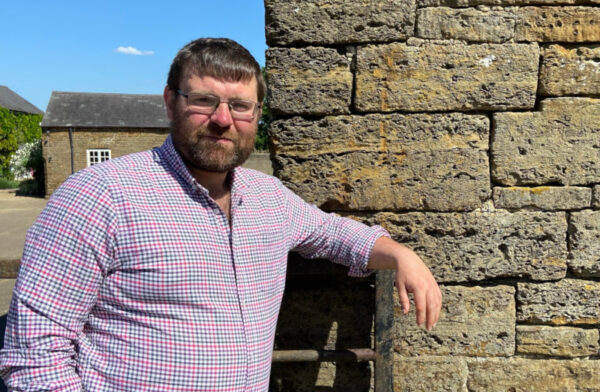

One way of resolving differences between yourself and your partner following separation is through a process known as collaborative law. It is a way of avoiding going to court.
The collaborative process can help you and your former partner reach agreement between yourselves whilst retaining lawyers to support you.
Under the collaborative law process, each party instructs their own collaboratively trained lawyer. You and your partner, and both sets of lawyers, all meet to work things out face to face – these days by video link too.
The benefit of collaborative law is that both of you will have your lawyer by your side throughout discussions, and so having their support, guidance and legal advice as you go. This is quite different, therefore, to mediation.
Alongside your lawyer, you will have the opportunity of collaborating with other specialists if this is necessary. Such people might include an independent financial advisor, a family consultant, a child specialist, or an accountant.
Such people will be able to provide you with the necessary help regarding financial matters and those concerning children, parenting, communication, and emotional support if required. All these professionals can make up the collaborative team.
Importantly, you and your team sign an agreement that commits you to trying to resolve the issues away from the court and prevents the lawyers from representing you in court if the collaborative process breaks down. This means that everyone is committed to finding the best outcomes by agreement rather than going to court and facing the vagaries of the court process and the delays that are associated with the court system, particularly now because of covid backlogs.
If you are interested in collaborative law, you will need to find a collaborative lawyer. During your meeting, different options and processes available will be discussed and you will make a decision whether you think that collaborative law is right for you. It doesn’t suit everyone.
Once you have made that initial decision, your lawyer will then reach out to your partner’s lawyer. Your lawyer will establish whether your partner’s lawyer has instructions to agree such a process. An initial “four-way” meeting will be arranged. You and your lawyer will discuss what you both need to do in order to prepare for the first four-way meeting.
Ahead of the first meeting, the two lawyers will meet or speak over the telephone to set an agenda.
At the first four-way meeting, the lawyers will ensure that you both understand the process and what commitment you are making avoiding going to court. You will sign an agreement to confirm this.
You and your partner will be invited to share your own objectives in choosing the collaborative process and a way forward will be mapped out. There will be discussions about how financial information will be shared and who will agree what tasks need to be done in order to advance to a second meeting.
Later meetings will focus upon you and your partner’s particular priorities and concerns. These will include how to resolve specific financial matters and trying to sort out associated children’s matters, both in the short, medium and long-term.
The number of meetings required will depend upon the specific facts of the case and whether there are multiple issues to talk about. On the basis agreement is reached, nobody will need to go along and meet a judge. Legal documents can be drafted by the collaborative lawyers and uploaded to the court system.










